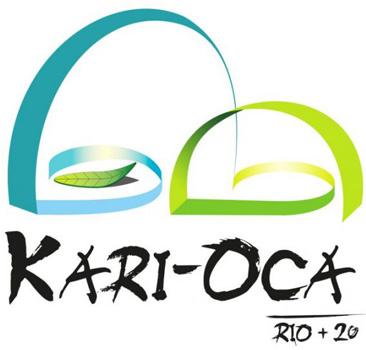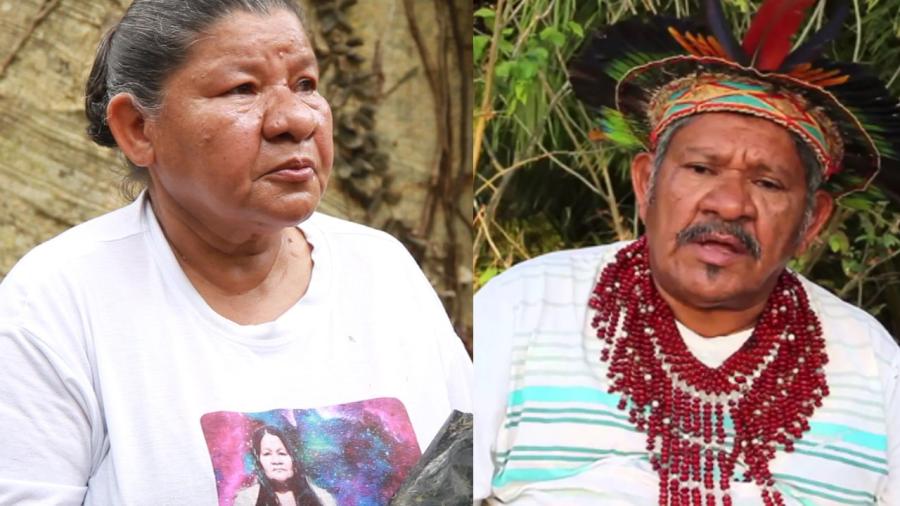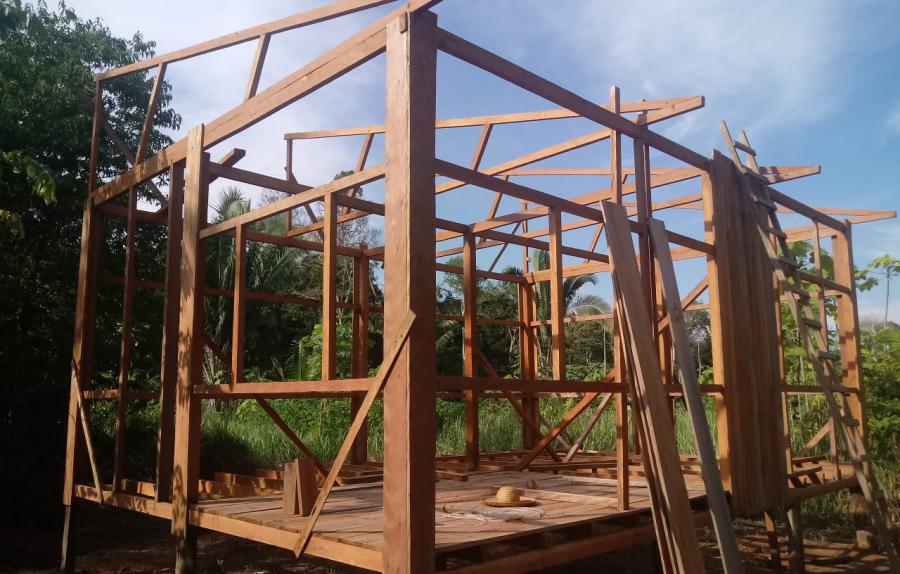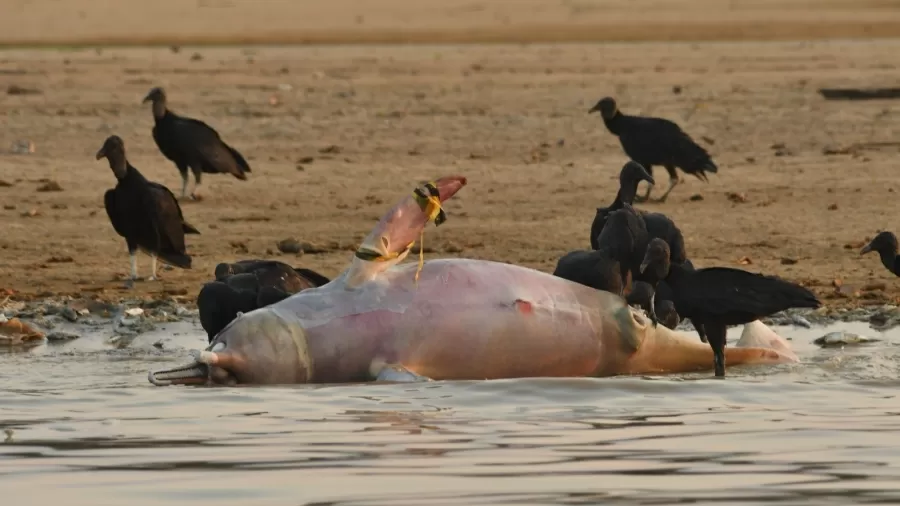
On June 15, in Brazil, Indigenous people from all over the world started convening for a parallel gathering to the official United Nations Conference on Sustainable Development, known as “Rio+20.” Gathering in Kari-Oca, an Indigenous village set up in the Rio de Janiero suburb of Jacarepagua, Indigenous delegates plan to assure that any strategies drafted by the UN contain an Indigenous perspective and respect Indigenous Peoples’ rights. Formally taking place on June 20-22, Rio+20 is a follow up to the 1992 United Nations Conference on Environment and Development, also known as the “Earth Summit.” It is expected to draw some 50,000 participants including delegates, environmental activists, business leaders and Indigenous groups.
From June 16–19, Indigenous Peoples will convene a Global Conference of Indigenous Peoples on Self-determined and Sustainable Development. In addition, the People's Summit for Social and Environmental Justice will take place on June 15–23, also in Rio.
On Wednesday, June 13, hundreds of Indigenous delegates lit the Holy Pyre using a traditional method during the Kari-Oca in an opening ceremony on the sidelines of the summit.
Twenty years ago, Indigenous people’s goal at the Earth Summit was to raise awareness of the importance of the environment. Today, the goal is to share Indigenous experiences, debate the gains and losses of the last two decades, assess the implementation of international commitments that came out of the first Earth Summit in 1992,and discuss Indigenous Peoples’ relationship with Mother Earth.
The parallel events aim to criticize the catch-all theme -- the “Green Economy,” a term now used in various contexts ranging from energy and labor policies to investment decisions. To some, this is merely another way to rename market solutions in favor of the private sector, rather than a true commitment to the environment. Many have voiced concerns that Indigenous Peoples’ rights will be disregarded. Participants will propose reforms aimed at ensuring more holistic and rights-based actions on global environmental and development issues. Governments will discuss the meaning, definition, principles of the “Green Economy” and action needed to implement it for sustainable development.
This mobilization of international civil society is an important response by civil society to the failures foreseen in Rio+20. Two of the pressing issues that many perceive as UN deficits include the encroachment of extractive industries and the lack of a strong policy toward the implementation of Indigenous rights to free, prior and informed consent. Participants will share experiences of sustainable environmental conservation and natural resource management practices based on traditional knowledge. The connection between land rights and sustainable paradigms will be highlighted. Respect, protection, and fulfillment of the UN Declaration on the Rights of Indigenous Peoples (UNDRIP) is a central demand of Indigenous Peoples at Rio+20. In their participation and statements to the Zero Draft, a draft negotiating document, Indigenous representatives have demanded that UNDRIP must be “the” standard and framework for sustainable development, Indigenous Peoples’ cultures must be added to the three “pillars” of sustainable development, Indigenous Peoples’ rights to land must be respected, protected, and fulfilled, and Indigenous knowledge should be valued and included.
On Sunday, delegates will submit an official position document to the UN with the results from their discussions.
The People's Summit will feature demonstrations, including a major march on June 20.



